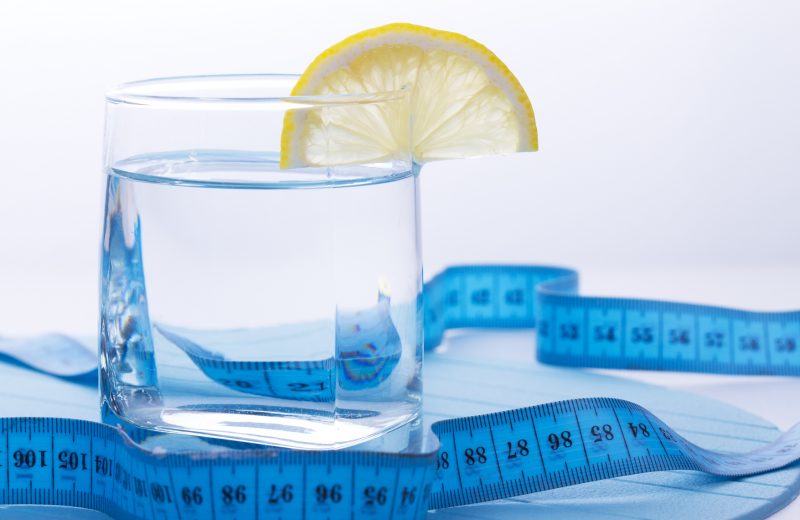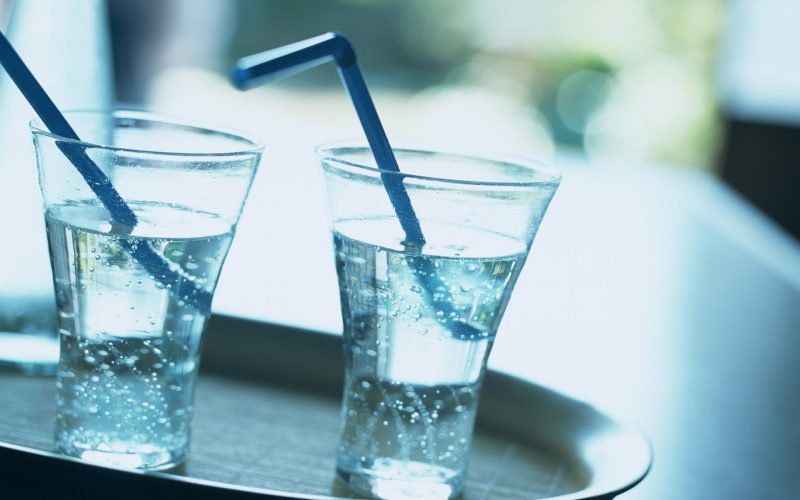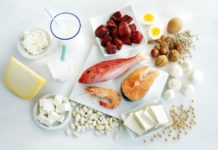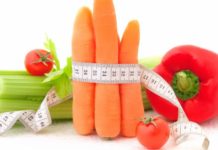Drinking diet is one of the most stringent and strict. Despite the words of doctors and nutritionists that such experiments always harm the body, women still consider it very effective and try to observe it periodically. In such cases, we can only recommend the correct way out of the drinking diet so as not to harm the digestive tract and other organs.
Material Content:
7 days out of a drinking diet
Of course, drinking a diet for 7 days has its advantages: it cleanses the intestines from toxins, helps reduce the volume of the stomach and normalize the work of the duodenum. Excess weight also goes away quickly. But such low-calorie nutrition systems are a lot of stress for humans. Therefore, it is very important to exit the diet correctly and gradually. In this case, it will take at least a week or two to return to normal diet.
Nutritionists say that the length of the period of adaptation to a normal diet should be one and a half to two times the duration of the diet itself.
In the early days, it is very important to limit yourself to bread and cereals. "Long" carbohydrates, of course, are useful, but for their full digestion requires a lot of time, and the gastrointestinal tract is not yet ready for such loads. At first, very liquid cereals on the water, various mashed potatoes, chopped fresh fruits, berries or vegetables can be gradually introduced into the diet. On the 1st day, the total amount of solid food should not exceed 100 g. For a week this amount can be increased by 2.5 times, bringing to the usual portion of 250 g. If you want a sweet, you can add honey to the drinks. On the 3rd day, you can already include harder vegetables - beets, cabbage, carrots, but also in chopped form. Do not lean on starchy vegetables (they are high-calorie).
How to exit the thirty-day program
Getting out of a drinking diet is very important, especially if it lasted more than 4 weeks. Not only the consolidation of the result depends on this, but also the state of health and well-being of a person. The period of adaptation to a normal diet can and should be extended for at least one and a half to two months. This will help to form new eating habits and learn how to eat right.
Approximate Scheme:
- The first week - breakfast in the form of a drink can be replaced with any soft mucous porridge. The rest of the time is just drinks.
- The second week - breakfast can be supplemented with boiled eggs, lunch - with cereals. Dinner - no change.
- The third week - a liquid breakfast, porridge for lunch, in the evening - finely chopped salads of vegetables or fruits.
- Fourth week - a liquid breakfast is required, lunch is supplemented with meat or fish for a couple, dinner is unchanged.
- The fifth and all subsequent weeks - once a day, be sure to eat liquid food. Gradually introduce new products.
To facilitate the digestive system, you need to chew food for a long time and carefully. Also, this technique helps to eat a small amount of food.
Menu and power mode
It is necessary to eat fractionally - in small portions at least 4 times a day. Such a regimen will never help you to feel a painful feeling of hunger and not pounce on food like a hungry wolf.
Options for 7 days:
- vegetable, light chicken or fish broths without salt;
- dairy products (low-fat);
- steamed meatballs or meatballs from chicken or ground beef;
- steamed vegetables or vegetable purees;
- fruit and vegetable smoothies, jelly, fresh.
At least 1500 ml of pure water should be drunk per day. The most high-calorie should be breakfast. Subsequent meals should be very light, ideally drinking as well. This does not mean that instead of lunch you need to drink a glass of liquid. For lunch, you can prepare a thin vegetable soup puree, while its consistency should not be thicker than kefir. In the evening, it is best to just drink 200 ml of kefir or jelly.
If the nutrition plan is designed for 30 days, you need to adhere to such a diet scheme:
- the first 3 days - liquid cereal for breakfast, instead of lunch and dinner - drinks;
- 4th, 5th, 6th day - boiled eggs in the morning, a little cheese and a slice of bread, the rest of the time - liquid cereals;
- from the 7th to the 11th day - finely chopped vegetables and fruits for breakfast and dinner, in the evening - only drink;
- from the 12th to the 14th day - supplement breakfast and lunch with tender meat dishes - cutlets, meatballs;
- in the second half of the month - add a small amount of cereals every day, sometimes pasta or potatoes.
By the end of the month, you can enter in the menu all the usual products, but in small quantities and one per day.
Possible consequences of an incorrect exit
Losing weight on a drinking diet is easy, but non-compliance with recommendations often leads to repeated weight gain. Therefore, you need to think carefully whether there is enough willpower and then follow certain nutritional rules.
A sharp start to eating solid foods, as a rule, always leads to problems with the work of the stomach. An organ that only processed liquid foods for several weeks would not be able to immediately begin processing solid foods. Therefore, many are faced with indigestion and the ensuing problems.
Therefore, before attacking your favorite dish, you need to think about whether it is worth several days of feeling unwell.
Useful tips and tricks
Drinking diet is suitable only for absolutely healthy people. Be sure to listen to your body and note the slightest deterioration in well-being. A prolonged restriction in food leads to a noticeable lack of nutrients, so it is advisable to take vitamin supplements during the diet.
Serious health problems even if you lose 10 extra pounds will definitely not please anyone.
A seven-day diet in the absence of contraindications can be carried out no more than 1 time in 3-4 months. A thirty day diet is not a test for the faint of heart. It can be held at most once a year, and preferably in the warm season, when there is an abundance of seasonal fruits and vegetables that can be used to make jelly, smoothies and fresh fruits. In winter, such diets cannot be extended for a long time, because in cold weather the body needs more energy to maintain heat and, accordingly, a more satisfying diet.

















